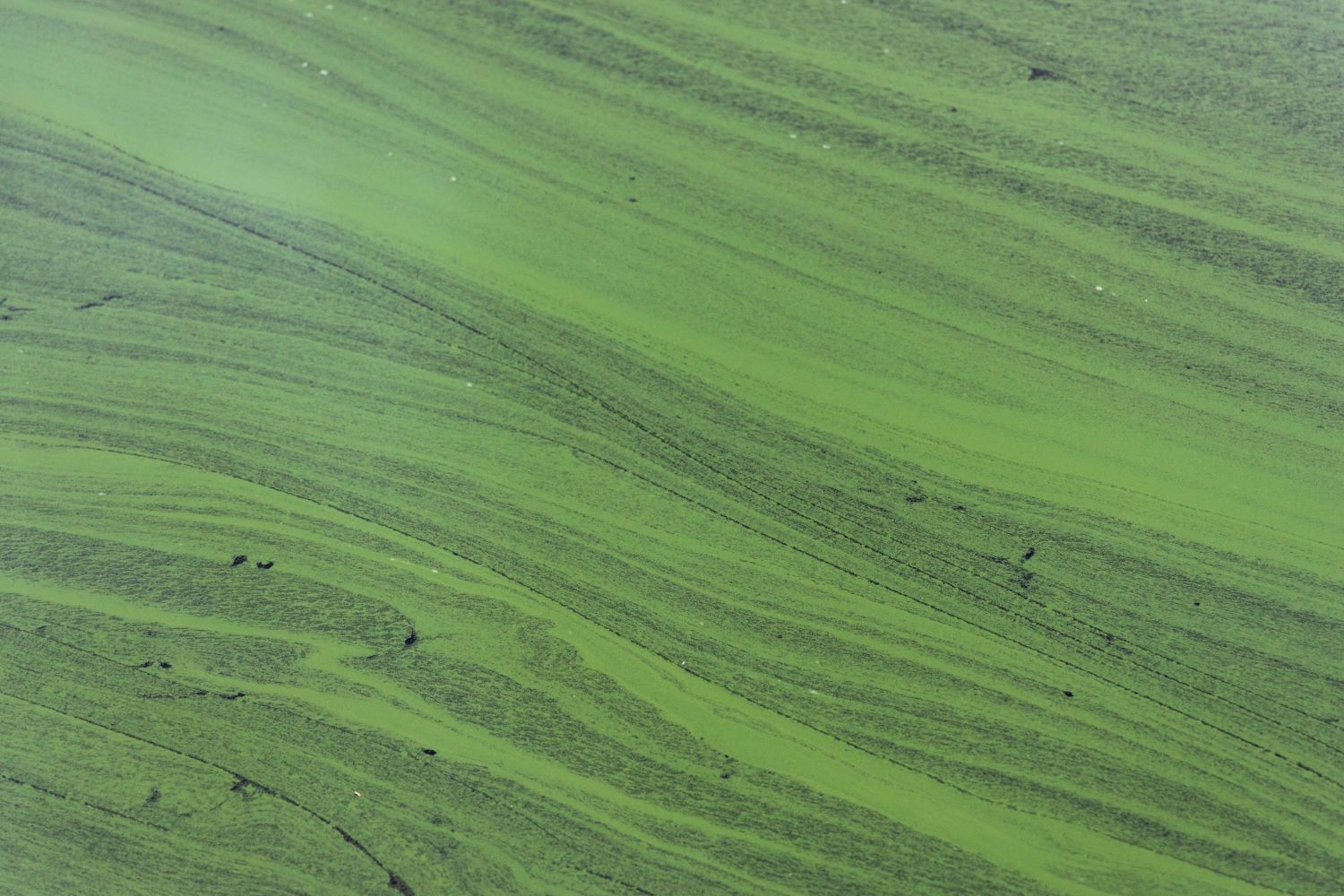Canberra’s longstanding battle with blue green algae blooms in our lakes has prompted widespread conversations about potential solutions.
Slimy surfaces, no-swim orders, and foul smells often plague Canberra’s swimming spots, and while there’s more than one contributor to the problem, there is something locals can do to help.
To find solutions to the ecological headache, the ACT Government recently enlisted the help of a social marketing campaign to boost awareness and community involvement in reducing leaf litter.
The Leaf Collective is a social organisation of local volunteers who work to remove leaves from drains and gutters, preventing them from flowing into Canberra’s precious waterways and fuelling algae blooms.
By taking collective action, the group helped ACT households stop “200,000 litres” of leaves going down the drain into our lakes last autumn.
Professor of Marketing at Griffith University, Sharyn Rundle-Thiele, said many Canberrans still are unaware that leaves are litter.
“People think it’s natural so it will breakdown and it’s perfectly okay,” Ms Rundle-Thiele said.
“The reality is the road and draining systems in Canberra, that all goes down to lakes and leaf and organic matter in the bottom of the lake cause algae blooms – we can all prevent it.”
The Leaf Collective has banded communities together through many creative initiatives including community leaf drop-off points, a leaf reporting system, and backyard leaf composting.
“If anyone wants to reach out and touch base to get involved, I would love to hear from you,” Ms Rundle-Thiele said.

UC’s Dr Rod Ubrihien: ‘There are as many questions as answers’
Dr Rod Ubrihien from the Institute for Applied Ecology at the University of Canberra said the issue of blue green algae, or cyanobacteria, in Canberra’s lakes poses “as many questions as answers”.
We do know that algae, specifically blue green algae, causes skin irritations that affect mammals (mostly dogs), neurotoxins with possible links to motor neurone disease, drastic environmental issues, and puts a damper on leisure activities, he said.
When the blue green algae forms a thick layer on top of a lake, sunlight is unable to penetrate through the algae to reach plants that provide habitats for fish and other animals.
This alters the environment, causing it to become significantly less diverse and less healthy from an ecological perspective, said Dr Ubrihien.
However, he explained there’s another issue looming down the river.
“Looking further down the system, think about Canberra as sitting within the Murray-Darling Basin. Further down the river, the ecological impact is the water goes out there as well,” he said.
“We want the water that leaves Canberra to be as less pollutant and as clean as possible.”

While leaf litter has proven to be an instigator for algae blooms in the Territory, Dr Ubrihien said this is “not a one-dimensional problem”.
He knows the ACT Government is looking at this problem and considering what needs to be done, but it’s “not a simple matter”.
In an urban catchment like Canberra, there’s a host of chemical pollution from commercial industry exhausts.
Additionally, many chemicals are used on residential lawns, such as weed killers, which pose another element to the problem.
Dr Ubrihien commended the ACT Government for taking the issue seriously and looking into solutions to the problem. However, he said it will be expensive to solve considering the multiple causes of algae blooms.
“It’s important to understand we’re getting the bang for our buck or value for money when we look at solutions to these problems. Leaves are definitely part of that solution and what methods to control them,” he said.
Dr Ubrihien said he’s all for The Leaf Collective because anything that works to keep leaves out of drains will help.
Although the scale of the problem needs to be considered, he said the bonus of a scheme like the Collective is in spreading awareness.
“Lots of people directly blow leaves into gutters. If you know the consequences, you may get a direct result from those actions but also an indirect result through educational benefits,” Dr Ubrihien said.
To find out more, visit The Leaf Collective’s website.
Get all the latest Canberra news, sport, entertainment, lifestyle, competitions and more delivered straight to your inbox with the Canberra Daily Daily Newsletter. Sign up here.



